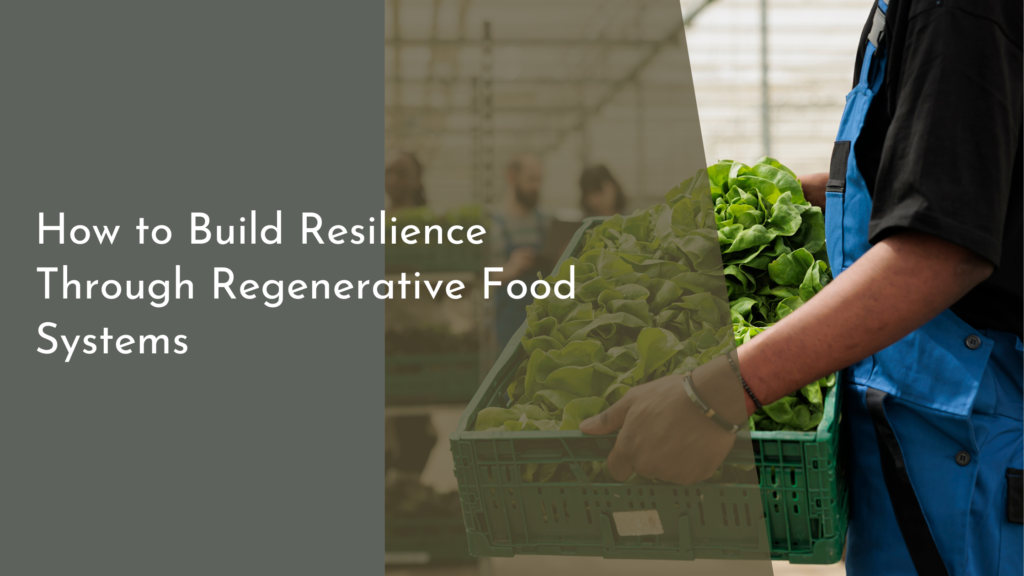The Future of Ethical Consumerism: Trends to Watch
In recent years, ethical consumerism has transitioned from a niche market to a mainstream movement, reflecting a global shift towards more responsible consumption. As consumers become increasingly conscious of their purchasing decisions’ impact on the planet and society, the demand for sustainable and ethical choices is on the rise. This article explores the emerging trends in ethical consumerism that are shaping the future of shopping, highlighting key areas of growth and innovation.
Increasing Demand for Sustainable Products
The demand for sustainable products has been growing steadily as consumers become more aware of the environmental and social implications of their purchases. This trend is driven by a combination of factors, including heightened awareness of climate change, resource scarcity, and the ethical treatment of workers. Consumers are now prioritizing products that boast minimal environmental impact, ethical sourcing, and clear transparency in their production processes. As a result, businesses are increasingly incorporating sustainable practices into their operations to meet this demand and align with consumers’ values.
Moreover, the shift towards sustainable products is not limited to a specific demographic. Across generations, from Gen Z to baby boomers, there’s a shared interest in making choices that contribute positively to the planet and society. This collective mindset is influencing industries across the board, from fashion and food to technology and home goods. Companies that once focused solely on profit are now re-evaluating their practices to cater to this new consumer base, seeking sustainable certifications and altering supply chains to reduce their environmental footprint.
The Role of Technology in Ethical Consumerism
Technology is playing a pivotal role in advancing ethical consumerism by providing tools and platforms that empower consumers to make informed decisions. Apps and websites offering product information, such as ingredient transparency and company ethics, are becoming increasingly popular. These platforms allow consumers to scan barcodes or search for products to access detailed information about their environmental impact, labor practices, and sustainability credentials. This transparency is crucial, as it enables consumers to align their purchases with their values.
In addition to information platforms, technology is also facilitating sustainable practices through innovations like blockchain, which ensures transparent and traceable supply chains. Blockchain technology allows consumers to track the journey of a product from its origin to the store shelf, verifying ethical claims made by brands. Additionally, artificial intelligence and machine learning are optimizing production processes, reducing waste, and improving efficiencies, which ultimately contribute to more sustainable business operations. As technology continues to evolve, its role in ethical consumerism is expected to grow, driving further advancements in sustainable practices.
Brands Leading the Charge for a Greener Future
Several forward-thinking brands are setting the standard for ethical consumerism by implementing innovative sustainable practices and committing to transparency. Companies like Patagonia and Eileen Fisher are renowned for their dedication to environmental stewardship and ethical labor practices. These brands have implemented programs such as recycling and upcycling initiatives, fair trade certifications, and supply chain transparency, all aimed at reducing their environmental impact and fostering positive social change.
Another exemplary brand is Beyond Meat, which has revolutionized the food industry by offering plant-based meat alternatives that minimize the environmental footprint associated with livestock farming. By focusing on sustainability and health, Beyond Meat has tapped into a growing market of consumers seeking ethical and eco-friendly food options. These leading brands not only set an example for others in their industries but also inspire consumers to make more conscious choices, creating a ripple effect that promotes a greener future for all.
Conclusion: A Bright Future for Ethical Choices
The future of ethical consumerism is looking promising as more consumers and companies embrace sustainable and responsible practices. With growing awareness and demand for transparency, businesses are increasingly held accountable, pushing them to innovate and adopt greener practices. This shift not only benefits the environment and society but also offers companies a competitive edge as they align their values with those of their consumers.
The evolution of ethical consumerism is a testament to the power of collective action and informed choices in driving meaningful change. As technology continues to advance and brands lead the charge towards sustainability, the potential for a more ethical and environmentally conscious market is boundless. By supporting ethical consumerism today, we are paving the way for a more sustainable and eco-friendly future, ensuring that ethical choices are not just a trend but a lasting movement.

